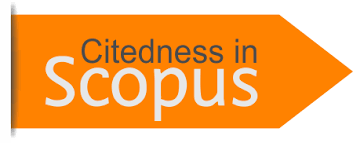Implementation of Inclusive Education Programme for Special Education Need Students with Learning Disabilities in Malaysia
Keywords:
Inclusive Education Program, Special Education Need, MalaysiaAbstract
A Special Education is an educational system provided by the Ministry of Education (MOE) to Special Education Needs (SEN). In Malaysia, students with SEN comprise of three groups; there are student with visual impairment, hearing impairment and learning disabilities (LD). Education democratization in the world today demands the education system to set up a new program, the Inclusive Education Program (IEP). In the IEP, a student with SEN learns with primary school pupils in the same class and follows the same curriculum with normal students. Students with SEN learn full-time in the mainstream classes that match the academic potential of an equivalent to normal students. The objective of setting up IEP is to enable students with SEN to interact with normal students. Normal students will also earn profits through the collaboration in the classroom. This IEP will enhance the collaboration of administrators and teachers in managing students with SEN to learn in a conducive manner. Even more importantly, students with SEN are provided opportunities for to be more independent and to manage emotionally better. However, the implementation of this IEP raises many issues and challenges that many researchers claim that the program is facing hiccups. Many factors affect IEP failures, especially the support and collaboration factor of all parties. Critical factors are teachers, parents, infrastructure and equipment that are the main obstacle to the success of the IEP.















